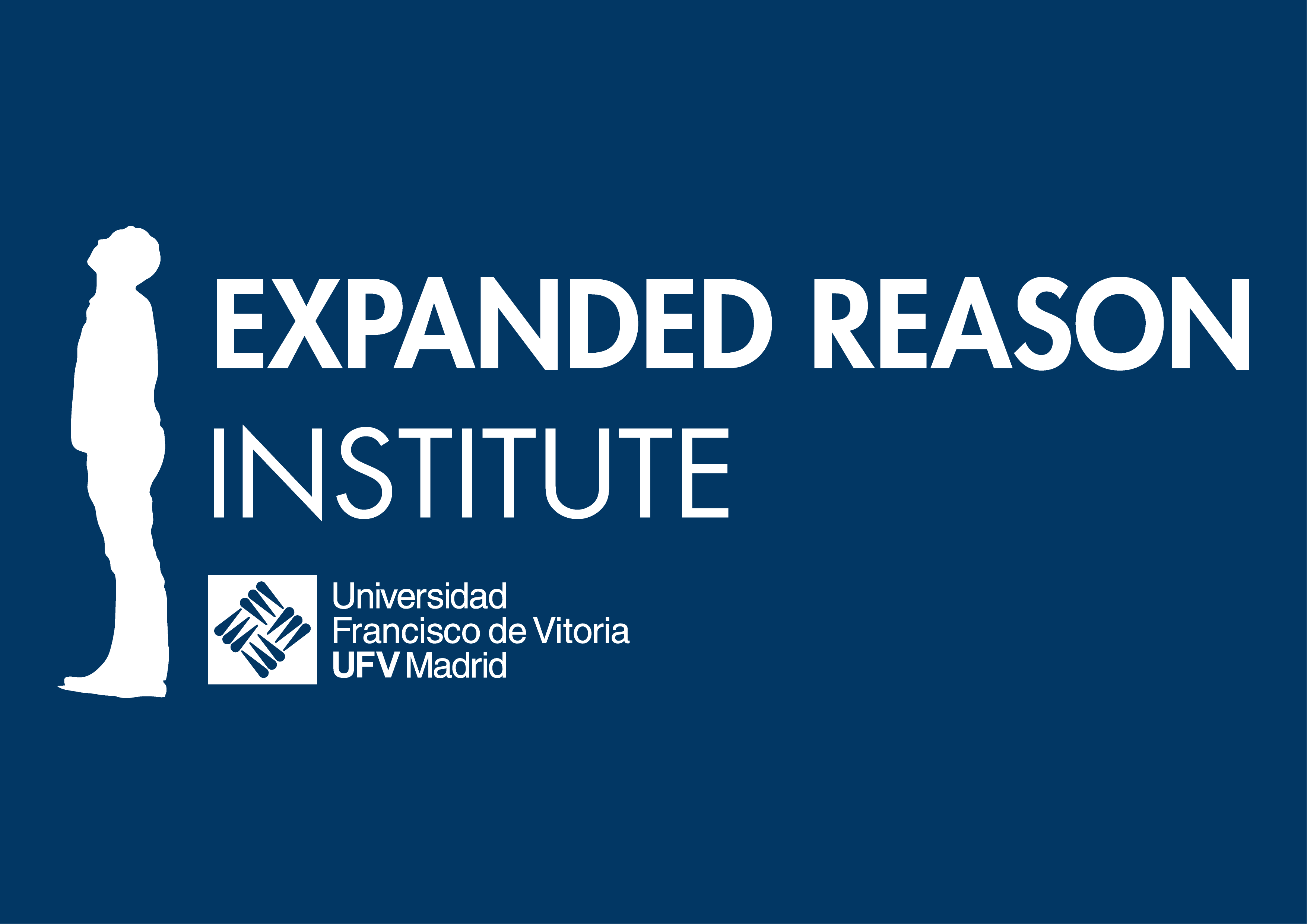Biography
Christopher Kaczor (Honorable mention)
The gospel oh happiness: how secular psychology points to the wisdom of christian practice

Dr. Christopher Kaczor is Professor of Philosophy at Loyola Marymount University, Los Angeles. He graduated from the Honors Program of Boston College and earned a Ph.D. four years later from the University of Notre Dame. A Fulbright Scholar, Dr. Kaczor did post-doctoral work as a Alexander von Humboldt German Chancellor Fellow at the University of Cologne. He was appointed a Corresponding Member of the Pontifical Academy for Life of Vatican City, a fellow of the Word on Fire Institute, and William E. Simon Visiting Fellow in the James Madison Program at Princeton University. The winner of a Templeton Grant, he has written more than 100 scholarly articles and book chapters. An award winning author, his sixteen books include Jordan Peterson, God, and Christianity: The Search for a Meaningful Life, Disputes in Bioethics, Thomas Aquinas on the Cardinal Virtues, Abortion Rights: For and Against, 365 Days to Deeper Faith, The Gospel of Happiness, The Seven Big Myths about Marriage, A Defense of Dignity, The Seven Big Myths about the Catholic Church, The Ethics of Abortion, O Rare Ralph McInerny: Stories and Reflections on a Legendary Notre Dame Professor, Life Issues-Medical Choices; Thomas Aquinas on Faith, Hope, and Love; The Edge of Life, and Proportionalism and the Natural Law Tradition. Dr. Kaczor’s views have been in The New York Times, The Washington Post, The Wall Street Journal, The Los Angeles Times, Huffington Post, National Review, NPR, BBC, EWTN, ABC, NBC, FOX, CBS, MSNBC, TEDx, and The Today Show.
ABOUT THE WORK

